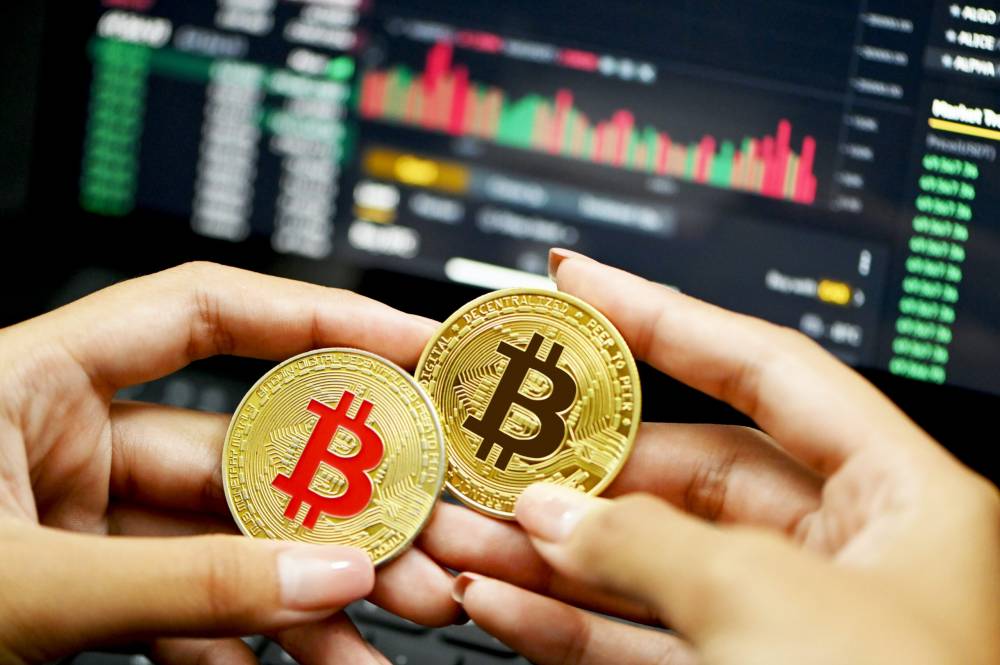
The Bank of England has stated that Bitcoin may eventually become worthless
The Bank of England has stated that Bitcoin may eventually become “worthless”
Cryptocurrencies in general, and Bitcoin in particular, are prone to wild price fluctuations: Bitcoin's value has dropped by $20,000 in the last month alone. However, it's worth noting that one Bitcoin is now worth nearly five times what it was worth just 14 months ago, when it was valued at $10,000.
Sir Jon Cunliffe, deputy governor of the Bank of England, has, on the other hand, advised against investing in cryptocurrencies. In an interview with the BBC, he explained that "their prices can fluctuate quite a bit, and [bitcoins] could theoretically or practically fall to zero."
According to The Guardian, the Bank of England stated that major institutions should proceed with caution when it comes to adopting cryptocurrency assets and that it would closely monitor developments in the market.
According to the problem, unlike traditional currencies, Bitcoin is not used to price anything other than its own value." 'One Bitcoin is equal to one Bitcoin,' as Bitcoiners are fond of stating. "A tautology, on the other hand, does not constitute currency," wrote Thomas Belsham, a Bank of America employee in the stakeholder and media engagement division.
Bitcoin's scarcity and limited supply—only 21 million Bitcoins can ever be mined—"could eventually render Bitcoin worthless," Belsham continued.
To date, approximately 18.9 million Bitcoins have been mined, accounting for approximately 90 percent of the total supply; however, the network is structured in such a way that the final coin will not be mined until 2140. Belsham continues to warn that, in the long run, maintaining this system may become more difficult to accomplish.
In simple game theory, it should be obvious that a process of backward induction should, at some point, cause the smart money to exit the game. And, in the event that this occurs, investors should be prepared to lose everything they have worked so hard for.”
The attitudes of government agencies toward Bitcoin and cryptocurrency in general differ significantly from country to country. As a result of environmental concerns, Sweden has called for a blanket ban on cryptocurrency mining throughout Europe. Meanwhile, China has declared all cryptocurrency transactions to be illegal. For its part, El Salvador was the first country to recognize Bitcoin as legal tender, and the country has plans to develop an entire city around the cryptocurrency.

